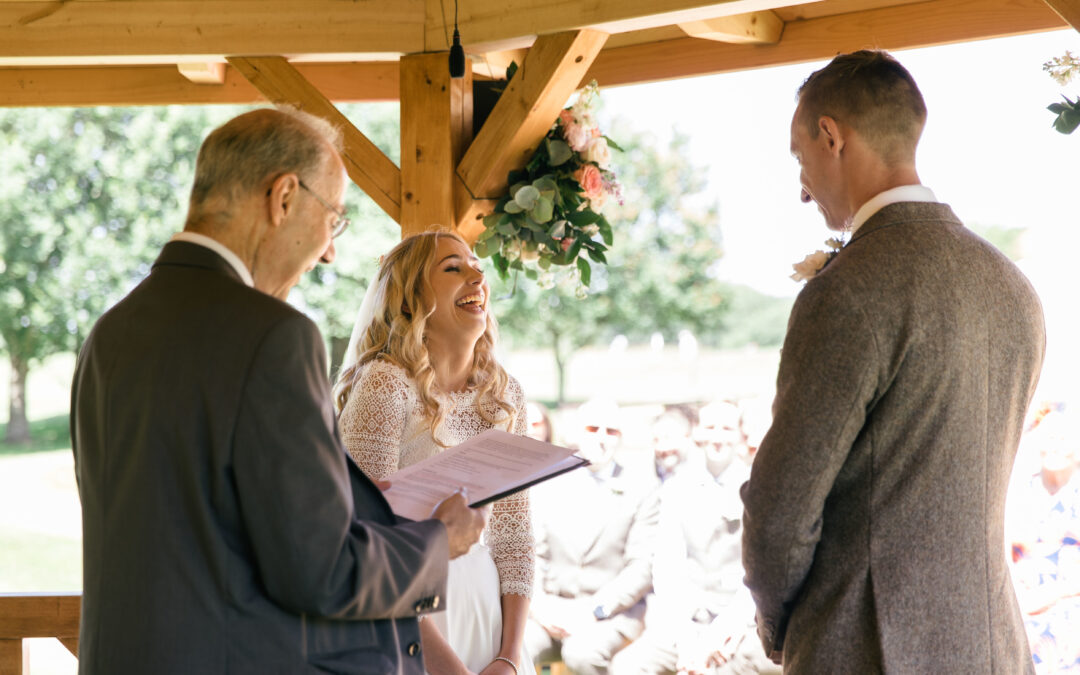
by Michael | Mar 5, 2024 | Blog
A lot of people don’t think of using a Civil Celebrant. One reason is that they don’t know how to make one work for them.
There is a lot of misunderstanding about what a celebrant does (or does not) do.
No two celebrants are the same – and that is part of the beauty of working with one. Once you have sorted out your vision for your ceremony, you can more efficiently choose the person you want to work with.
General Assets
A few things they should have in common are professionalism and friendliness. They need to clarify Ts and Cs. They should be prompt and attentive in correspondence and in person. They should be reliable and transparent.
They should aspire to understand your vision for your event. They ought to be able to make helpful suggestions and also guide you, where needed.
Individual Assets
Celebrants have their own individual strengths. Some may favour a razzamatazz-type of ceremony (a la Las Vegas); others may be better at spiritual services; some will promote rituals; others may prefer more traditional ceremonies.
It probably goes without saying that the celebrant needs to be able to present in public really well. They also need to be able to write well.
You need to weigh up the celebrant’s strengths and see if you think they will fit in to your picture.
Obviously, meeting/speaking to them will help this process, as will testimonials on their website and personal recommendation. The closer your relationship with the officiant is likely to be, the better.
Why Michael?
I shall be a trusted and invaluable part of your team. I’ll help you achieve a unique, tailor-made ceremony that fits in with your beliefs and wishes. Your opinions will be sought and respected.
You’ll be part of the creative process throughout (as long as that’s what you want). You will be able to approve the final version before the day.
To have a chat about how it can work, please contact me.
Photo: samyaz.sproutstudio.com
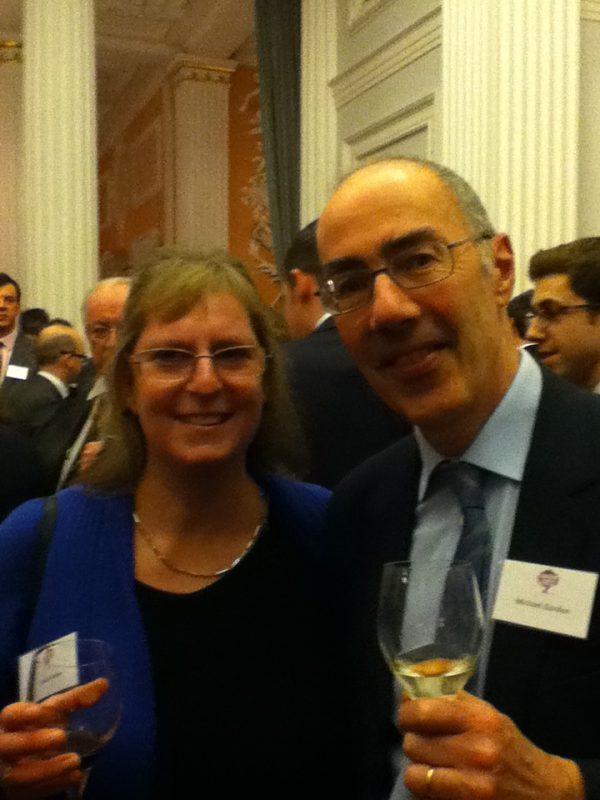
by Michael | Feb 27, 2024 | Blog
Thursday sees that relatively rare event – the extra day added to our calendar to mark Leap Year.
It’s a correction to counter the fact that Earth’s orbit isn’t precisely 365 days a year.
It gives rise (for some reason) to “bachelor’s Day”. This is an Irish tradition for Leap Day in which women propose to men instead of the traditional other way around.
This got me thinking about proposals. (Naturally, in the course of my celebrant work, I am in contact with a lot of engaged couples.)
I proposed to Isobel over 25 years ago. It wasn’t a Leap Day or even month. In fact, it was July, but that shouldn’t prevent me telling the story. It wasn’t all straightforward, particularly as I wasn’t at all sure that I’d be accepted
I did stack the odds in my favour, though! I was finishing a job in Rome, so I arranged for Isobel to come out and join me there for a few days. Apart from the early start this entailed, she was more than happy to comply.
I had four days during which I could pop the question. Unfortunately, I was afraid that if Isobel rejected me, we would have a tough remainder of our holiday to endure. I therefore decided to postpone my proposal till the last evening, when I had planned we would be in the lovely Piazza Navona.
As it turns out, the Piazza would be inundated with people and, atmospheric as it still was, this was not the place for a quiet proposal (especially if a rejection was to occur!).
Fortunately, a couple of days earlier, on a perfect day weather-wise, we had taken a trip to Tivoli and had the glorious Villa d’Este almost to ourselves.
Now if you’re looking for somewhere romantic, then that is as good a spot as any. I hadn’t been expecting to propose (so was not worrying, but enjoying myself. Before I thought what I was doing, I was down on one knee, blurting out my proposal.
The fact that it was accepted joyfully was such a relief! The rest of the holiday went like a dream. In fact, most of the next quarter of a century have gone like a dream.
Whoever actually does the proposing, it’s something I can warmly recommend!
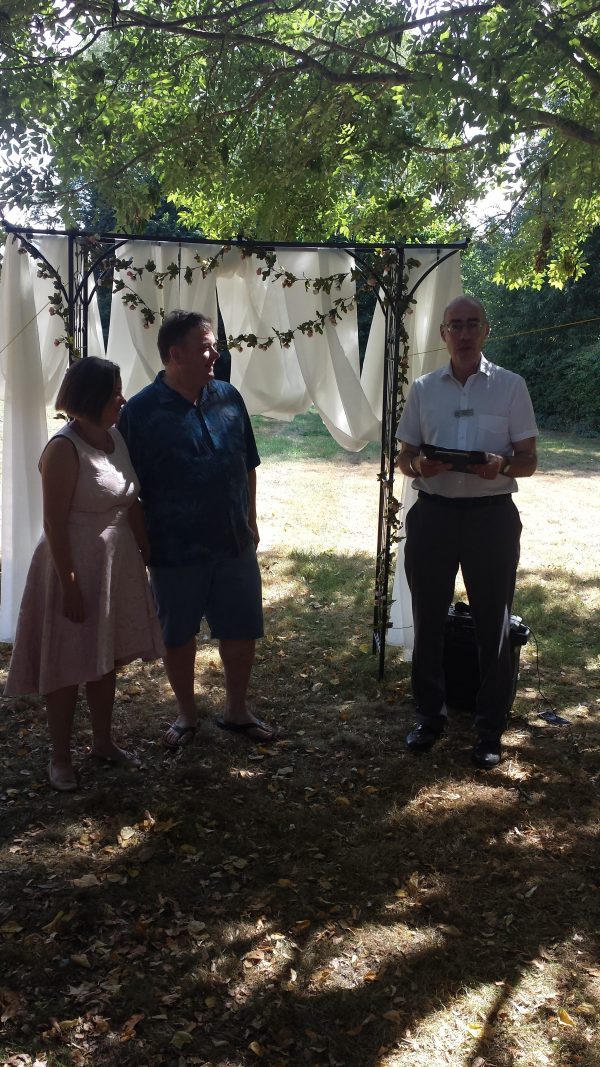
by Michael | Feb 19, 2024 | Blog
Finances are not easy for many of us. We are often reluctant to spend. It’s natural to want to hold on to what one has got.
Organising an event, even with the help of professionals, can be daunting. And expensive.
So why bother?
The Attractions
One reason for a celebration is precisely because we are living in trying times. It really is important for morale that we do some nice things.
Then why not celebrate a special occasion? Ten or fifteen years of marriage, say, is worth marking.
It can be so good to throw oneself into a project (in this case, organising an event). Good for you; good for participants and, of course, guests
So why not have something meaningful and beautiful for everybody to look forward to?
What to Celebrate?
A few suggestions of events you might like to mark are as follows:
Weddings
Not everyone’s cup of tea, of course, but a wedding is a fabulous milestone to mark.
Nowadays, there is a lot of freedom as regards the ceremony (and, indeed, the reception).
You can have a traditional (ie religious) ceremony in a church. You can have a registrar-led ceremony, which will be totally secular. Or you can choose a civil celebrant ceremony (on top of the register office one), which can be as religious (or not) as you choose. And, of course, it can be unique to you.
You also have the possibility to choose your venue, if you’re using a celebrant.
Then, for the reception it’s down to your budget and choices.
Vow Renewals
It’s very popular to celebrate a particular anniversary (especially for a time-span ending in -5 or -0 years.
You may have said your marriage vows some years previously. However, your circumstances may have changed. The family may have grown; maybe the couple has come through a rocky time (health, wealth or relationship).
Unlike a wedding, there is no paperwork involved, so you can really have the ceremony that you want. The wording is up to you (within reason, I’d suggest!), as is the nature of the ceremony.
Naming Ceremonies
“Namings” suggest babies. This can be a non-religious way of marking a life-cycle event for a baby.
But it can mark an older child (or adult)’s change of status. They may have been adopted and/or families are being blended.
Or someone had never been baptised and wants some sort of ceremony now.
Handfastings
Handfastings are just one of numerous rituals that can stand alone or simply enrich a celebration.
Again, just ask for more information.
It is possible to mark many other events (even including a separation!), but I hope I have got you thinking how you may be able to celebrate a special occasion. If so, feel free to contact me for more input and help!
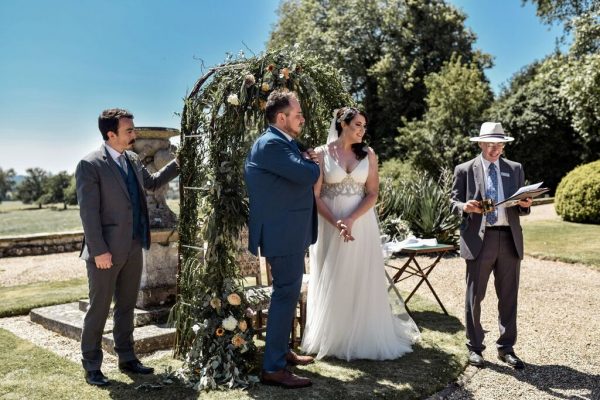
by Michael | Feb 13, 2024 | Blog
Just as there may be flexibility about the roles at a wedding so there is often a little confusion.
Let’s see if we can uncloud the waters. As far as one can generalise, here are my guidelines.
Bride
The star turn – everybody looks forward to the bride walking down the aisle. In essence, looking beautiful and stunning are her main roles at the ceremony. Of course, she may be reciting vows and exchanging rings, kissing the groom and, possibly, signing a certificate, but these are surely not too arduous tasks!
Otherwise, the bride will have a role in welcoming guests after the ceremony and, just possibly, delivering a speech at the reception.
Groom
The groom’s roles are not too taxing either, in truth. He will have to welcome guests as they arrive for the ceremony and liaise with his team (Best Man, Ushers, Wedding Planner and Officiant), as necessary.
The Groom may have an active role to play in the ceremony (again, reading vows, putting a ring on the bride’s finger, kissing her, etc.). but his main task will probably be the speech at the Reception.
Best Man (or Woman)
The main task here is looking after the Groom. That involves carrying out any last-minute tasks for him (that might include simply fetching a glass of water or sorting something with a supplier). It certainly involves putting the groom at ease as much as possible before the ceremony begins.
One responsibility is usually to look after the rings until the exchange takes place.
People tend to look forward to the Best Man’s speech at the Reception. This should be humorous, anecdotal, not over-long, and not too cringe-making or offensive.
Bridesmaids and Ushers (Groomspersons)
These may often be youngsters, and need coaching, but they too should support the couple. The ushers will probably direct guests to their seats. Along with the bridesmaid(s), they will typically be part of the procession (and recession). Ushers may also have to look after presents for the couple.
Parents
The parents’ role is mostly to welcome guests and accept congratulations. Traditionally, the father of the bride sets the Reception off by giving a very short speech. This may include gratitude at finding such a groom and thanking guests for coming, wishing them a wonderful time.
Celebrant
On the day, the celebrant is responsible for the smooth running of the ceremony. They should direct proceedings with dignity, humour and affection.
They should arrive punctually and ensure everything is in place and that the groom is (reasonably) calm.
When all that is in place, then you have a great infrastructure for the big occasion.
Feel free to approach me for more information.
photo: taraflorence.com
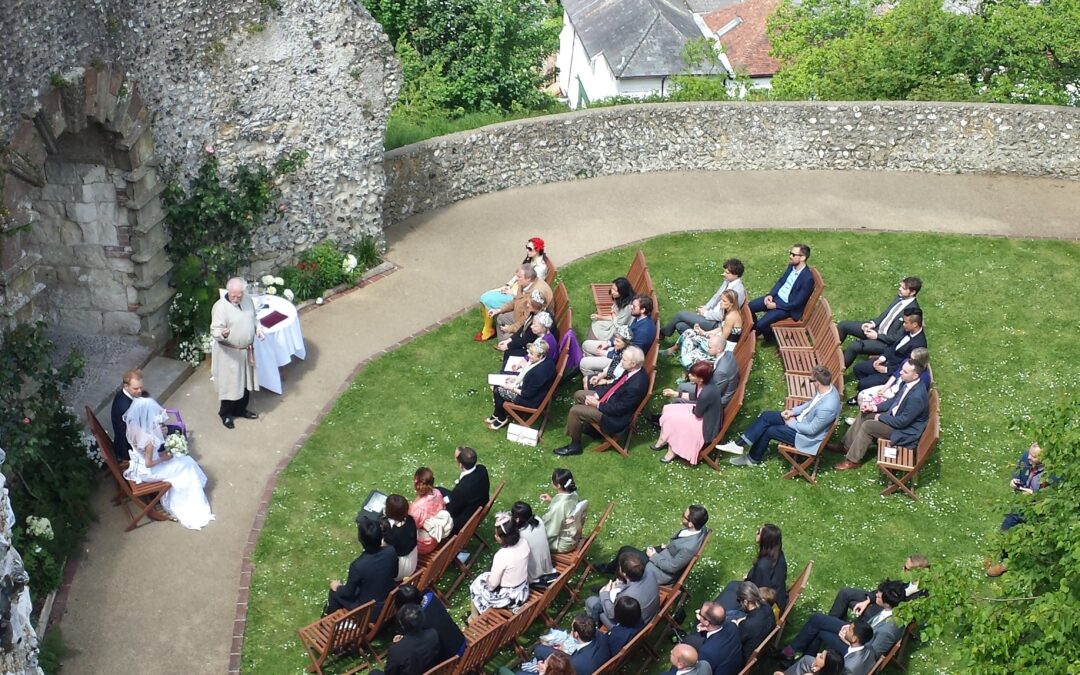
by Michael | Feb 6, 2024 | Blog
Let’s set aside cost for the moment, shall we? What (else) is going to make you opt for one venue over another?
It’s important to get this right, as so much will depend on the venue.
Obviously, location, atmosphere, facilities and accessibility are likely to enter into the mix. So , once you’ve narrowed down the field a bit, you should make an appointment with the event planner and pay them a visit.
The questions you ask will depend on your vision for the day. You may need to know whether the venue will be uniquely yours for the duration. What about in-house catering? Can outside caterers come in? What exactly does the event planner offer by way of service? Are the rooms suitable for the numbers you may be expecting?
And so it goes on.
Remember that it’s not only the answers to your questions that matter, it’s your feeling for the place. You should be smitten – and absolutely want to marry there. So, go with your gut.
Additionally, you can be guided by recommendations. Do you know anyone who has marked an occasion at that venue? What was good – and what, if anything, needed improvement?
When you visit, you’ll also need to investigate Ts and Cs as well as the facilities on offer (such as catering). It is a good idea to view the rooms you would be hiring. Will the event planner be available all day on the day? Are the acoustics good, and can the venue provide amplification, if necessary?
So, do your research and visit the top contenders before you decide. Be aware that your chosen date might not be available, so book early.
I repeat that, although budget is obviously a major issue, so is the wow-factor. Make sure you are excited by the prospect of marrying at your particular venue.
If I can help you – or if you’re looking for a civil celebrant to match the venue – don’t hesitate to contact me.





